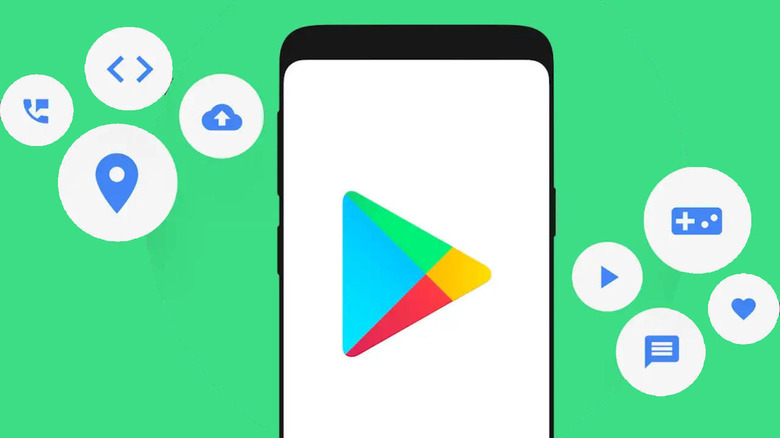Google Play Third-Party Billing Goes Live In South Korea With A Big Catch
Whether or not you see Epic Games as a champion or just another business with an ulterior motive, there is no denying that its high-profile efforts to make changes happen in the app marketplace are having some positive effects. Pressure, both legal and social, has forced the likes of Apple, Google, and even Valve, to make some changes, though not always in the ways that developers would have preferred. Case in point is what happened in South Korea, where Google is finally allowing third-party billing systems in its Play Store while still taxing developers as if they were using Google Pay anyway.
South Korea passed a law last August that formally challenged the status quo on Apple's and Google's app stores. In a nutshell, app stores operating there are legally required to allow the use of billing systems other than, say, Apple Pay or Google Pay. This has been one of the biggest points of contention between mobile platform makers and developers, but the final victor hasn't been decided yet.
While Apple has yet to concede the battle, Google already announced that it would be complying with the new law in South Korea. It will allow developers and publishers to present other payment systems for app purchases, in-app purchases, subscriptions, and even digital content. Google, however, takes great pain to point out that it cannot guarantee the security and privacy of those billing systems and that they won't work with other Google Play features like parental controls.
The biggest caveat, however, is that developers will still owe Google a cut of the revenue even if they don't use Google Pay anyway. Granted, Google is reducing that cut by 4% so that the normal 30% developer tax is only 26% when a different payment system is used. Those who have yet to reach their first $1 million in revenue are only taxed 15%, so they can pull that down to 11% if they skip Google Pay. Under its Media Experience Program, digital content publishers only give Google 10% under normal circumstances, so that fee is also reduced to 6%.

In effect, Google has found a way to skirt around the spirit of the new law while still following it to the letter. Part of the reason why app developers and content publishers want to use their preferred billing system is to avoid having to pay that much-contested 30% revenue tax. Unfortunately, the South Korean law doesn't exactly prohibit Google or Apple from still taxing developers regardless of what billing system they use, but the country's regulator will be reviewing the implementation once Google submits more details.
Google defends these continued fees as its way of investing in Android and Google Play's growth, both of which are offered for free (though the latter has its own caveats). It also says that only 3% of the apps on Google Play Store actually sell apps or digital content, so it's not like they're making big money out of it. For now, however, it seems that developers are still getting the shorter end of the stick, and it remains to be seen how other players in that drama will respond.
